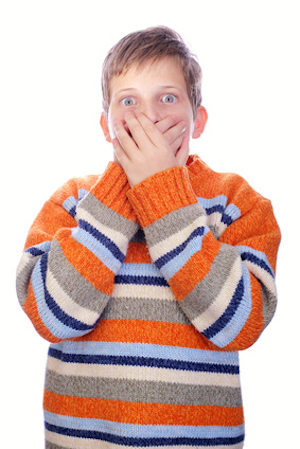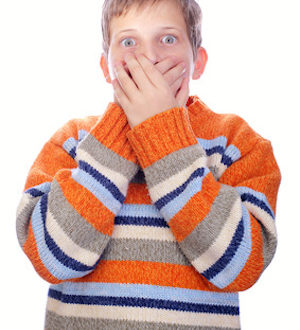 Ordering a child to, “Say you’re sorry!” is instructing them to lie if they are not actually sorry.
Ordering a child to, “Say you’re sorry!” is instructing them to lie if they are not actually sorry.
Sorrow is an emotion, and emotions cannot be commanded into existence. They can also come to see it as a “Get Out of Jail Free” card, a phrase that will magically absolve them of responsibility: “I said I’m sorry!” (Possibly they learnt this from watching MPs in Parliament say outrageous things and then all they have to do to get out of trouble is say, “I withdraw and apologise”).
However if a child has hurt or offended against someone, there is powerful good in getting them to apologise (which is not quite the same thing as ‘saying sorry’), and attending to the other person’s feelings.
Empathy is the key: when they feel the other’s distress and seek to help, it is fuelling their character. If they accidentally or carelessly hurt another child, they should know their first response should always be to help and comfort the injured person, rather than protest their innocence to a parent.
Instruct your child with lines they can use if they hurt someone:
- “That must have been harder than I thought it was.”
- “Are you alright?”
- “Can I get you something?”
- “Ooooh, that must really hurt. You poor thing.”
And (if they really are sorry) adding, “I really am sorry.”










Stephanie - 9 years ago
I wonder about this.I met a woman who had decided not to teach her children to say “Please ” on the grounds that it was demeaning to them.(Her children are both still alive and they are nice people,so I think that they must have learned manners somewhere along the way!)
I think that saying sorry (sincerely ) is important but it does have to be learned.As it says in the article Empathy is the key.